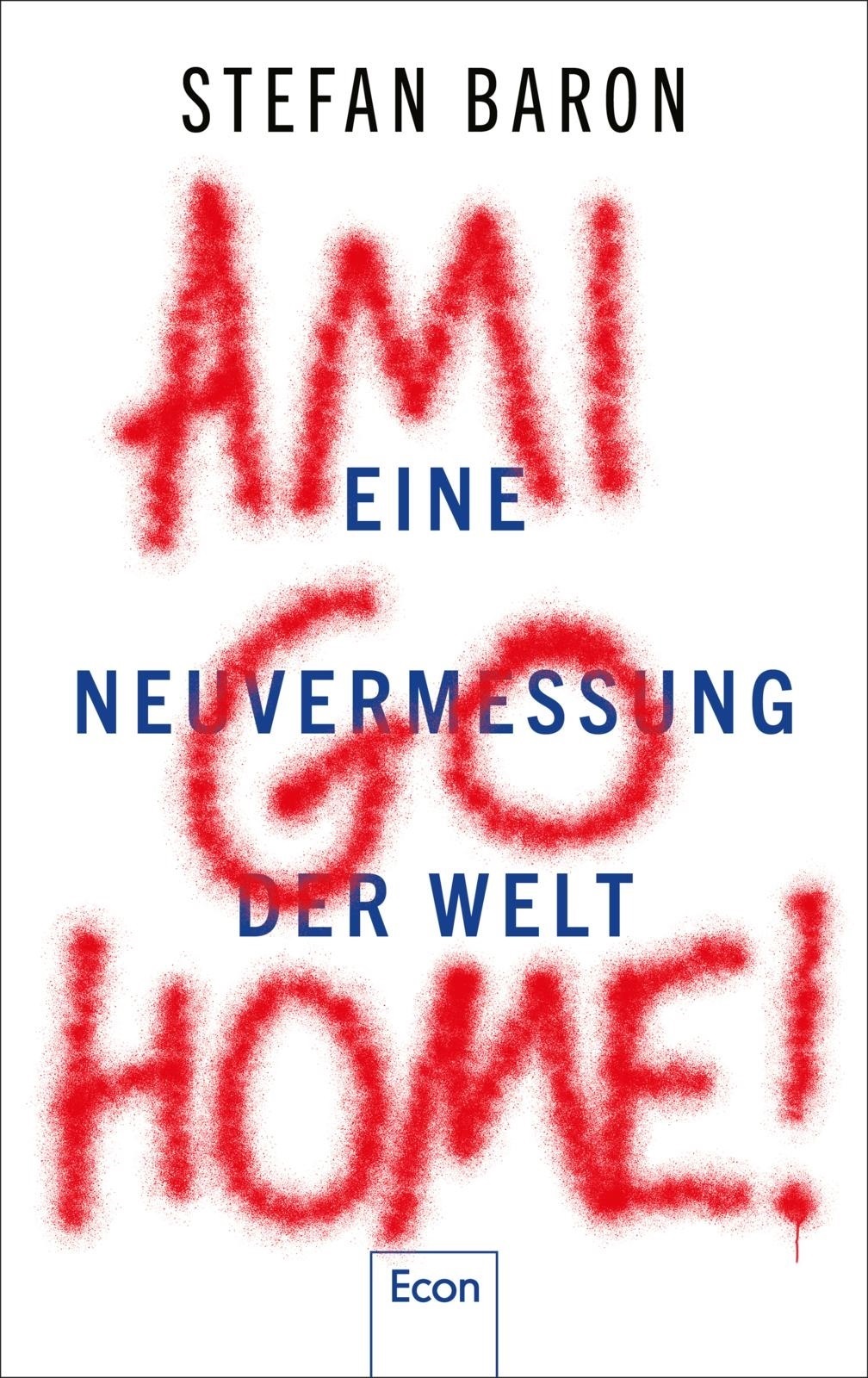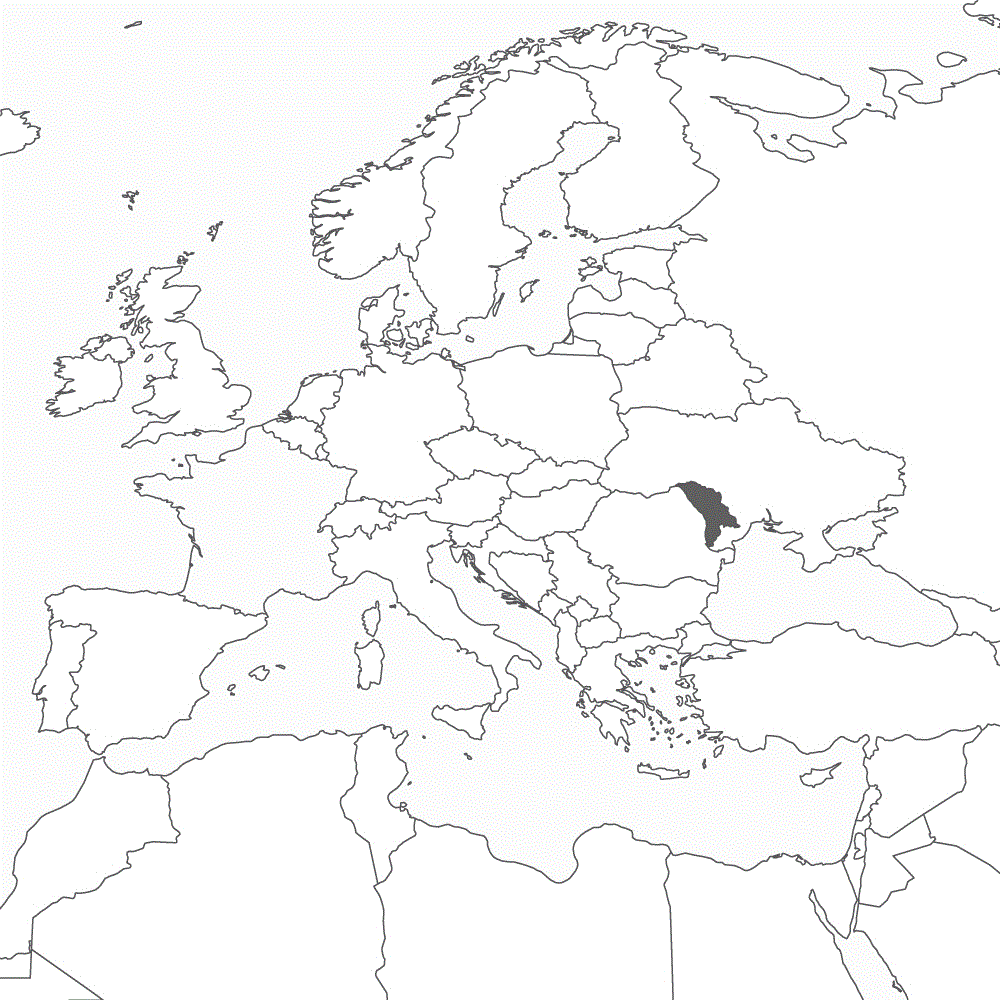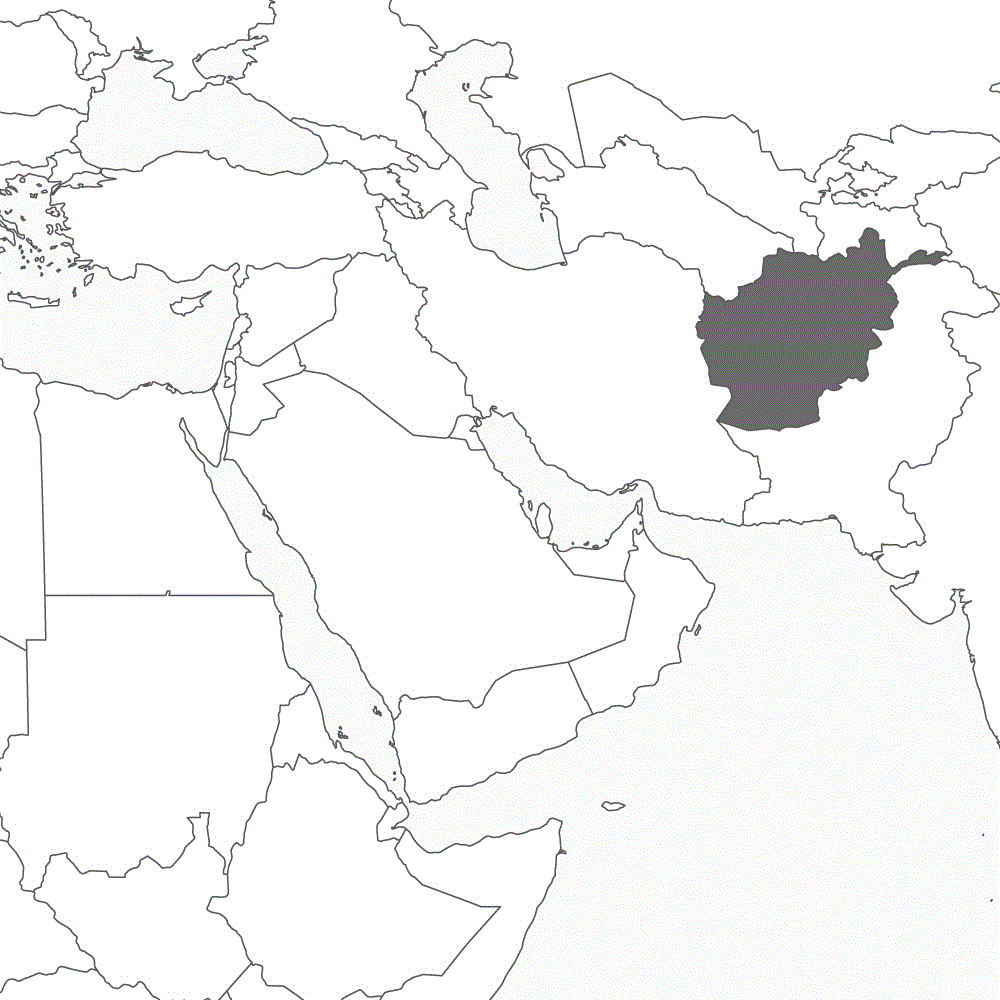Maneuvers in East Asia (II)
On Monday, the German frigate Bayern will set sail for East Asia, where western powers are stepping up their combat exercises. US military officials are warning of a possible war in the near future.
BERLIN/BEIJING (Own report) - With its deployment of the frigate Bayern to East Asia on Monday, Germany is joining the rapid expansion of western war maneuvers in China's close vicinity. In the fall, the frigate Bayern will conduct operations for monitoring US sanctions against North Korea and subsequently set off for home through the South China Sea. The UK Carrier Strike Group led by the new aircraft carrier HMS Queen Elizabeth had entered the South China Sea already yesterday, after joint exercises also with warships from India and Singapore. Following naval exercises in the Bay of Bengal in early April, the French armed forces have conducted joint air combat exercises with US jets in Hawaii this month and specially relocated several Rafale fighter jets to its overseas territory French Polynesia in the middle of the South Pacific. The US air force is currently holding a maneuver that experts view as a realistic trial-run for war with China under contemporary conditions. High-ranking US military officials suggest that war is possible in the near future. Read more
Raw Material Supplier for the EU's Energy Transition
Berlin and Washington make a deal on Nord Stream 2. The aim: include Ukraine in the EU's raw material supply chains for the energy transition.
BERLIN/WASHINGTON/KIEV (Own report) - Washington and Berlin have reached an agreement, which temporarily ends a long-standing transatlantic power struggle over the Nord Stream 2 pipeline. With the agreement announced yesterday evening, the US government is implicitly withholding sanctions against German companies over Nord Stream 2. In return, the German government pledges to actively support Ukraine's inclusion in the EU's raw material supply chains for the energy transition. Germany will donate US $175 million to the "Green Fund for Ukraine" and promote private investments. Using wind and solar energy in Ukraine to produce "green" hydrogen and deliver it through Ukrainian natural gas pipelines to the West has been in discussion for some time. The EU is also planning to mine raw materials in Ukraine, such as Lithium, needed in large quantities to produce batteries, for example, for electric cars. Apart from supporting Ukraine, Berlin intends to increase its support for the Three Seas Initiative targeting Russia. Read more
Book Review: "Ami go home!"
Stefan Baron (former Head Editor of the German weekly, WirtschaftsWoche) analyses the struggle for hegemony between the USA and China.
"Ami go home"? That is not the sort of title one would expect to see on a book by an author like Stefan Baron. Baron, an economics graduate - who in the course of his professional career has worked as financial correspondent for "Der Spiegel," Editor-in-Chief of the "WirtschaftsWoche" and most recently, as the Director of Global Communication for the Deutsche Bank - certainly would not want his book to be considered anti-American. In his book, the publicist, who for years had been a member of the Board of Trustees of the American Institute for Contemporary German Studies and who still enjoys good relations with the United States, focuses his attention on the major shift in the global balance of power, shaping our present, with China's rise and the USA seeking to hold the People's Republic of China down, to preserve its global dominance. The consequences are a dangerous escalation of the conflict, which could lead to a Third World War, which as Baron notes, which must urgently be prevented. This concern leads him to harshly criticize the United States' current situation and to suggest ways of preventing the escalation of the transpacific power struggle. Read more
Insurrection in Cabo Delgado
EU decides military training mission in Mozambique - without German participation. Berlin rejects supporting French interests.
BERLIN/MAPUTO/PARIS (Own report) - The EU is launching a military mission in Mozambique to train the country's armed forces. This move comes after nearly four years of insurrection in the northeastern Cabo Delgado province, which claimed around 3,000 lives, and displaced almost 800,000 people. The insurrection was basically provoked by social deprivation: Cabo Delgado, one of Mozambique's poorest regions, has been neglected by the government for many years. The population does not benefit from the current exploitation of the country's rich natural resources by multinational corporations. The battles are being led by the Ansar al-Sunna/ al-Shabab jihadi militia, at times supported by the Islamic State (IS). In late March, an Ansar al-Sunna attack on the coastal town of Palma and the subsequent massacres prompted France's Total corporation to halt all operations on a natural gas field in the vicinity. Soon thereafter, the EU decided on the new deployment. In line with its tradition, Berlin is not participating in missions that are in Paris' interest. Read more
Between the Frontlines of the Cold War
Prior to Merkel's visit, Washington expands sanctions against China. Beijing launches countermeasures. German companies see their business with China at risk.
BERLIN/WASHINGTON/BEIJING (Own report) - The threat of escalation in the US war of sanctions against China casts a shadow over Chancellor Angela Merkel's visit to Washington tomorrow. A few days ago, the Biden administration enacted new coercive measures against Chinese companies and is now mulling over further sanctions relating to Hong Kong. Beijing is threatening countermeasures. German business circles are alarmed. Their business with China is already - in some cases - considerably hampered by extraterritorial US sanctions. In March, the People's Republic imposed countersanctions, having severe effects, in some cases. Due to these sanctions, an influential London law firm lost its branch office in Singapore. If the war of sanctions escalates, German businesses must also fear being affected by Beijing's new anti-sanctions law. According to this law - patterned after an EU regulation - companies operating in China are strictly prohibited from complying with sanctions imposed by third states, for example the USA. The issues Merkel will discuss in Washington tomorrow include the policy toward China. Read more
Between West and East
Pro-EU party won parliamentary election in the Republic of Moldova. Berlin openly intervened in election campaign.
BERLIN/CHIŠINAU (Own report) - The party of Berlin-favored neoliberal President Maia Sandu, has won last Sunday's parliamentary elections in the Republic of Moldova. According to preliminary election results, with around 52 percent of the votes, the EU-oriented Action and Solidarity Party (PAS) beat the more Russia leaning Socialists, led by former President Igor Dodon. Berlin had openly intervened in the election campaign. Sandu, PAS' former leader and its best-known representative to date, had been received in Germany's capital also by Chancellor Angela Merkel and President Frank-Walter Steinmeier. German support for her and her party had recently even included media publications aimed at influencing public opinion in that southeastern European country. For years already, Sandu and PAS have been sponsored by the German government and German foundations seeking to gain the upper hand in the power struggle with Moscow over Moldova. In this constant struggle, the pro-EU faction around Sandu is now providing the president and the largest faction in the parliament. Read more
"The EU's Vaccine Apartheid"
Vaccinations with Asian-produced vaccines are not validated for entrance into the EU - provoking fierce protest in Africa, where the EU promotes the distribution of these vaccines.
BRUSSELS (Own report) - The EU's refusal to validate immunizations with vaccines produced outside the Union for entrance into the EU, has provoked fierce protest on the African continent. This protest is particularly prompted by the fact that the EU and its competent authority EMA (European Medicines Agency) have so far classified the AstraZeneca vaccine as effective against Covid-19, only if it was produced in plants on the European continent and not, if it originated from the Serum Institute of India (SII). Since vaccines produced in European plants have, so far, been exclusively used for rich countries, the international Covid-19 Vaccines Global Access (COVAX) initiative has distributed SII vaccines also to African countries. Following the African Union's (AU) indignant reactions, politicians and media outlets from various African countries are now speaking out. Madagascar's health minister wonders "if there isn’t one vaccine for Africans and another for Europeans." An East-African large circulation weekly accuses the EU of "vaccine apartheid." Read more
The Twenty Years' War
The Bundeswehr has left Afghanistan. War record: a quarter of a million casualties, a severely aggrieved population, the Taliban rapidly gaining ground.
BERLIN/WASHINGTON/KABUL (Own report) - The second longest and bloodiest military mission of the Federal Republic of Germany has come to an end. After nearly twenty years of war, the last soldiers of the Bundeswehr, who left Afghanistan the night before, landed yesterday, Wednesday, at the Wunstorf Airbase near Hanover. According to the "Costs of War Project" at the Ivy League Brown University in the USA, around a quarter of a million people lost their lives in combat at the Hindu Kush, and an unknown number of victims lost their lives due to the direct consequences of the war. Nearly seven million Afghans have fled their homes; the countless numbers are wounded or maimed, including tens of thousands of children. US expenditure alone for that slaughter amount to more that US $2.2 trillion; the German government puts its expenditures for the Bundeswehr mission at €12.2 billion. As the western troops withdraw, the Taliban is taking control of ever larger portions of that country. Soon the balance of power that had existed just before the war began in September 2001, would be reestablished. Read more
GERMAN-FOREIGN-POLICY.com
Information on German Foreign Policy: News + Interviews + Analyses + Background





